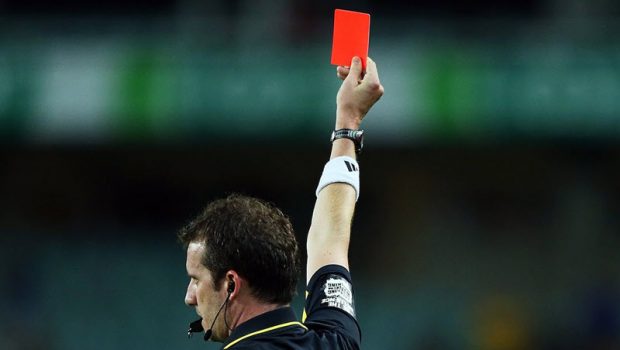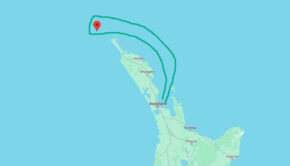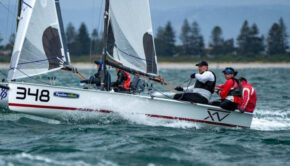Misconduct Guidance: Making a report
Published on December 6th, 2017
Dealing with misconduct is probably the least pleasurable part of the work of race officials but an important part that must not be ignored. There is considerable evidence that misconduct in the form of bad behaviour has a detrimental effect on our sport, even causing some to choose another way to spend their time.
In the Racing Rules of Sailing, Rule 69 covers misconduct and a guide has been published to help deal with it promptly, fairly and following established rules and practices. Here’s an excerpt:
MAKING A REPORT
Who may make a report?
• A report alleging misconduct can be lodged by any person (who need not be a competitor). This can include:
1. The race committee, or one of its members;
2. The protest committee, or one of its members;
3. Spectators;
4. Passing cruising boats;
5. Local residents; or
6. The host club (if not already the organizing authority).
Form of report
• There is no definition of what a report is. It may be a written or oral complaint. However, it is preferable that the report is put into writing. If a report is made orally, then the recipient should make a full written note of it as soon as possible and then sign and date/time the note.
With whom should the report be lodged?
• If a protest committee (or international jury) has already been appointed, then the report should be lodged with it. However, if the event is a major international event (as defined by Part C of World Sailing Regulation 35), then the report must be lodged with the Event Disciplinary Investigating Officer (it cannot be considered by the international jury).
• The protest committee should involve the organizing authority at the earliest opportunity, as the hearing might better be conducted in front of a different or strengthened protest committee. It is for the organizing authority to appoint the protest committee who will conduct any rule 69 hearing.
• If no protest committee has been appointed, the report should be lodged with the organizing authority, which should then appoint a protest committee. Once appointed, the protest committee should be given the report to consider.
Reports lodged with organizing authorities/clubs/other authorities
• If a report is lodged with the organizing authority, club or race committee, there is no obligation on it to refer it to a protest committee. However, it is firmly recommended that they do so.
• It may be appropriate for a report also to be lodged with a host club or another authority (such as a class association etc.) for action under their own disciplinary processes.
10 World Sailing Misconduct Guidance
• Action under rule 69 does not preclude action by a club or other body and vice versa. However the powers of a club (which will include the suspension or removal of membership) are unlikely to be powers available to the protest committee.
• At an event organised by a club or a class, it may be prudent and helpful for the protest committee chairman to inform a relevant official (for example a flag officer or responsible member of the class committee) of a potential rule 69 hearing. A constructive dialogue between race officials and the club/class is important to maintain at all events: the club/class may be able to give important contextual information and inform the committee of the class’s disciplinary ethos.
• It is also important that event organizers are not caught unaware by a rule 69 decision, particularly at the end of the event. However, any information given to them should be limited to the identity of the competitor and boat involved and only to those who may need to know such information. Under no circumstances should event organizers be permitted to influence the protest committee’s decisions.
• It may be that the protest committee considers that the misconduct is best left to the club or class to deal with under their own disciplinary procedures. The committee must be confident that the club or class will take real steps to address the misconduct, as once the event ends, it will be unable to go back and investigate if matter has not been dealt with.
• Remember, it is inappropriate to discuss the specifics of a case with anyone outside the protest committee. The committee should also be wary of being told too much about the background of the competitor as this may lead it (inadvertently) to consider irrelevant information during a hearing.









 We’ll keep your information safe.
We’ll keep your information safe.